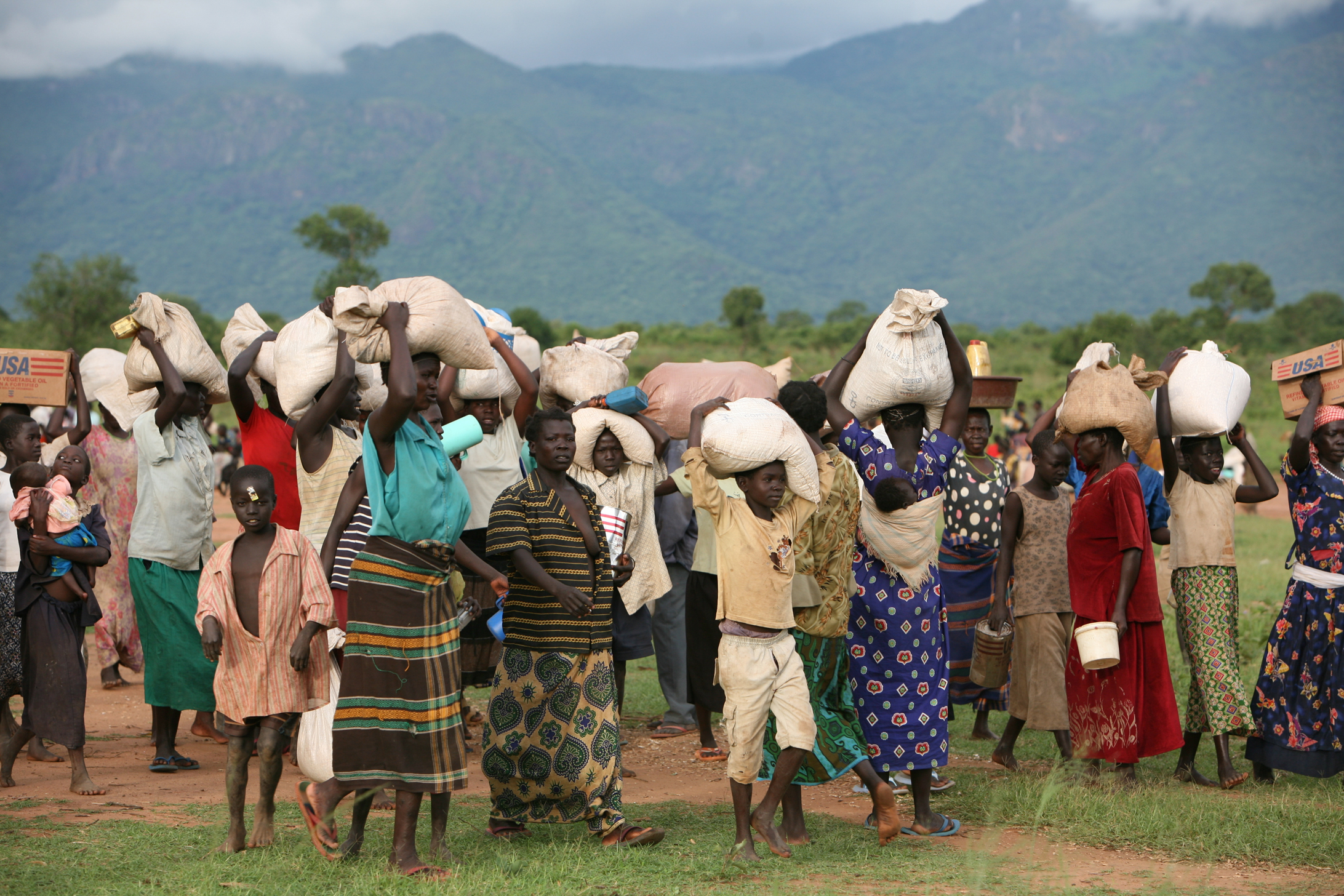"Significant numbers of those who remain in the camps are there not out of choice but because they are unable to return to their home areas," the Internal Displacement Monitoring Centre (IDMC) states in an August report.
"Some IDPs [internally displaced persons] cannot return because land disputes prevent them from accessing land, while IDPs with special needs and vulnerabilities are unable to support themselves in the return areas."
Years of conflict between the government and the rebel Lord's Resistance Army (LRA) forced two million people from their homes, but according to the government fewer than 500,000 remain in camps.
"Sustaining returns remains a challenge that must be addressed by quick impact recovery and development activities, which requires stronger action by development agencies and support of donors," Walter Kälin, Representative of the UN Secretary-General on the Human Rights of IDPs, said in a 26 October statement to the General Assembly.
"Despite the huge progress made thus far, the fate of a considerable number of particularly vulnerable individuals left behind in camps or living in transit sites as well as a general lack of synchronicity between the phasing out of humanitarian assistance and the increase of development activities in returnee areas continue to be a source of concern," he added.
Testimonials
At Geregere camp in Pader, the IDPs say age and disability have prevented them from building shelters or farming. They also cite illness and disease, and disputes over land rights and ownership.
Richard Opio, 62, said he had depended entirely on food donations since arriving at Geregere in 2003. To supplement these rations, he had tried planting some crops, supported by two of his eight children.
He was, however, unable to leave after being disabled by a long convalescence following a beating by the LRA. His knee hurt and he was waiting for some oxen to help him with the planting.
Before the war, he said, he had farmed his 15ha about 2km from the camp, rotating sorghum, maize, groundnuts and millet. He also had seven cows, 11 goats and nine sheep.
Asked what he would do if there was no help forthcoming, he said he would still return next year when the grass was long.
Josephine Ladwong, 73, came to Geregere from Lateling village, about 5km away. Initially, she spent time in Patongo camp, then was moved to Geregere in 2005 as part of a resettlement plan for overcrowded camps.
Theophilo Ongwec inherited the land on which Geregere IDP camp is built from his father. When the government established the camp in 2005, they did not compensate him.
Asked whether there had been any offer to assist him to restore the land as people went home, he said there had been the promise of a tractor, but this had yet to arrive.
The returns followed the signing of a Cessation of Hostilities Agreement between the government and the LRA in 2006.
"Most of the 15 percent remaining in camps are particularly vulnerable – widows, the elderly and disabled, child-headed households and those suffering from HIV/AIDS," the UN Under-Secretary General for Humanitarian Affairs and Emergency Relief Coordinator John Holmes said during a 21 October visit to the camp.
Basics lacking
According to the IDMC, returnee communities needed assistance to reintegrate these vulnerable IDPs. At the same time, much work remains to be done to ensure that returns are sustainable.
For example, basic infrastructure and services in the return areas are inadequate or non-existent. Lack of access to clean water poses a risk of epidemics, and clinics and schools struggle with insufficient facilities and qualified personnel.
While returnees have begun to grow their own food, the situation is still fragile, particularly as low rainfall since April 2009 means harvests are predicted to be more than 60 percent lower than normal.
"The old, the orphans and the terminally ill are stuck in camps and as other people have ventured out to go back home, they cannot return and their rights over many issues are compromised," Norbert Mao, Gulu district council chairman, told IRIN in July.
Calling them Uganda’s "invisible war victims", he sought urgent help to enable them to move from IDP camps to a normal existence.
Ugandan authorities began closing down the camps in the north in October.
"We must do more to help them too regain an independent life outside the camp," Holmes said after his visit, describing the IDPs still in camps as a "residual caseload".
eo/kk/mw
This article was produced by IRIN News while it was part of the United Nations Office for the Coordination of Humanitarian Affairs. Please send queries on copyright or liability to the UN. For more information: https://shop.un.org/rights-permissions





